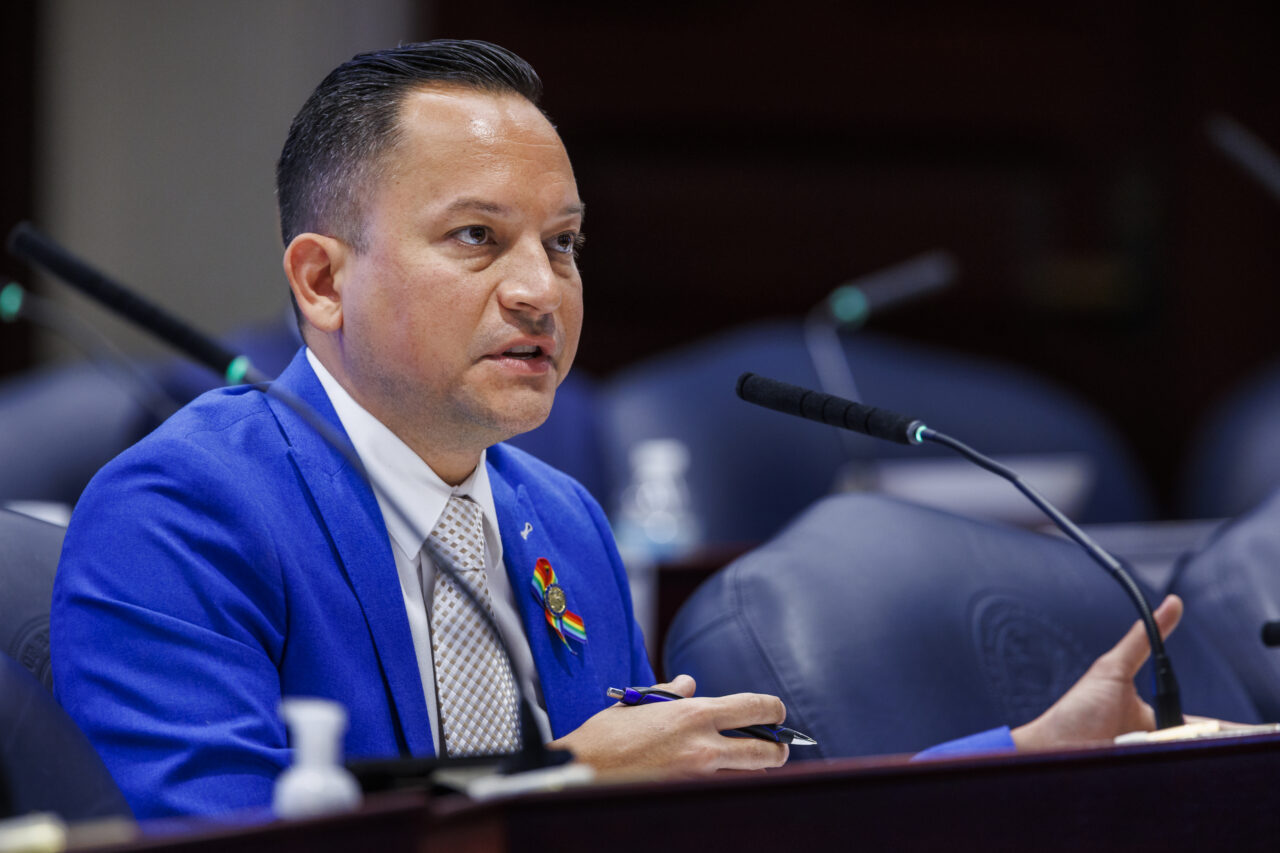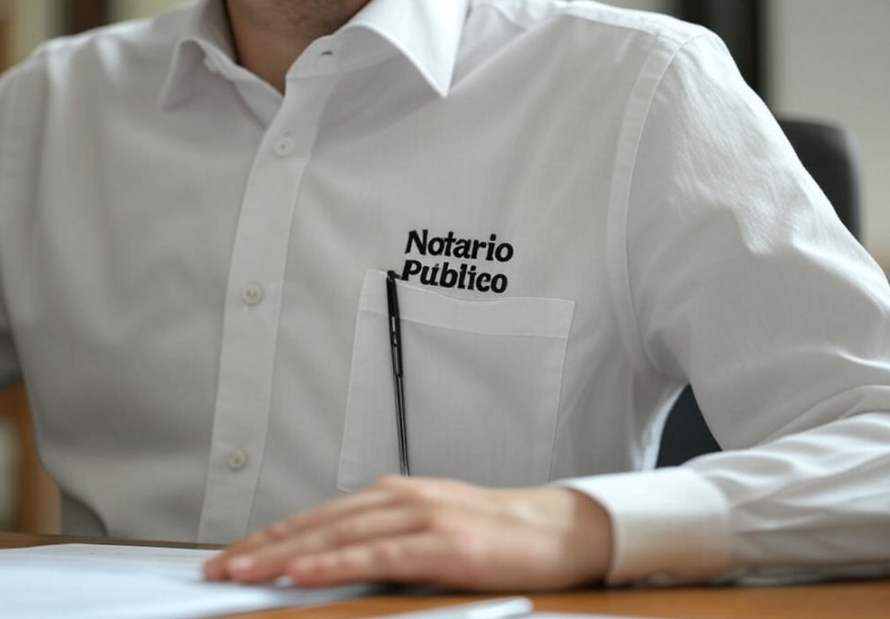Last Call – A prime-time read of what’s going down in Florida politics.
First Shot
Gov. Ron DeSantis is launching a Florida version of DOGE, the quasi-department that has upended a handful of federal agencies in the weeks since President Donald Trump’s inauguration.
The initiative, the “DOGE Task Force,” lifts the name of the Elon Musk-led version and will essentially mirror it in form and function, though it’s unlikely to be staffed by sub-20-year-old techies.
The executive order establishing the task force notes that Florida has the fewest government employees per capita of any state. Separately, recent legislative committee testimony focused on state jobs that have remained vacant for years.
Still, DeSantis believes the state workforce should be further reduced. He wants to cut 740 net positions in the next budget despite adding law enforcement and corrections staff. DeSantis is also proposing the sunset of 70 Boards and Commissions with 900 associated positions “to get them off the books,” pending legislative ratification.
“There’s hundreds of these things. A lot of people have never heard of them, but they’re there,” DeSantis said.
He noted that many of them hadn’t met in years. He also wants to “utilize” artificial intelligence for contract review.
Additionally, DeSantis wants to ensure colleges and universities are “good stewards” of tax dollars, asking for an independent audit of their finances in what he calls the “DOGE-ing” of the State University System.
Read more on Florida Politics.
Evening Reads
—“Young voters worldwide shifting away from establishment parties.” via Dave Trotter of Voting Trend
—”U.S. votes against U.N. resolution condemning Russia for Ukraine war” via Karen DeYoung and John Hudson
—”Inside the proposed U.S.-Ukraine minerals deal” via Barak Ravid and Dave Lawler of Axios
—”Donald Trump poised to extort Ukraine in the name of peace” via Mac William Bishop of Rolling Stone
—”Three years into war in Ukraine, Trump ushers in new world for Putin” via Paul Sonne of The New York Times
—”Elon Musk is trying to make sleep deprivation cool again” via Dylan Scott of Vox
—”DeSantis disses Byron Donalds, touts First Lady, when asked about 2026 Governor race” via Mitch Perry of the Florida Phoenix
—”Joe Gruters looks to strike ‘Gulf of Mexico’ from school materials” via A.G. Gancarski of Florida Politics
—”Blaise Ingoglia files bill to raise homestead exemptions, says current cap ‘doesn’t cut it anymore’” via Jesse Scheckner of Florida Politics
Quote of the Day
“We’ve achieved victories in Florida. We need to start achieving those victories up there. You got a guy like Byron — he just hasn’t been a part of any of the victories that we’ve had here …”
— Gov. Ron DeSantis, dinging Donald Trump’s pre-endorsed 2026 Governor candidate, U.S. Rep. Byron Donalds.
Put it on the Tab
Look to your left, then look to your right. If you see one of these people at your happy hour haunt, flag down the bartender and put one of these on your tab. Recipes included, just in case the Cocktail Codex fell into the well.
Order a Slash and Burn for DeSantis, who wants to cut 700-plus government positions through his state-level DOGE Task Force.
Sen. Joe Gruters gets a dram of Redacted Bros. for his bill to strike all mentions of the Gulf of Mexico from school materials.
Sen. Blaise Ingoglia earned a Sweet Relief by filing a measure that would up property tax exemptions from $50,000 to $75,000.

Breakthrough Insights
 Tune In
Tune In
Seminoles host Tar Heels tonight
Florida State hosts North Carolina tonight in a matchup of teams trying to turn around disappointing basketball seasons (7 p.m. ET, ESPN).
The Seminoles (16-11, 7-9 ACC) have not won more than two consecutive games since before Thanksgiving, while the Tar Heels (17-11, 10-6) have won three straight after losing five of seven games in conference play.
Tonight’s game is the only game scheduled between the two teams this season, but they could meet in the ACC tournament next month.
FSU is coming off an 89-81 loss at #25 Louisville on Saturday. The Seminoles found themselves in a big hole at halftime, trailing by 14 before closing the gap to six with less than two minutes to play. Jamir Watkins, FSU’s leading scorer on the season, scored 23 points to lead FSU in the game.
North Carolina has beaten Syracuse, North Carolina State, and Virginia in the last three games. None of the Tar Heels’ opponents in that stretch were ranked.
Tonight’s game will impact both teams’ position in the ACC tournament. UNC is sixth in the conference standings. The top four seeds get a bye to the quarterfinals. Florida State is eighth in the conference standings. Seeds five through nine get a bye to the second round.
After playing North Carolina, the Seminoles will face #3 Duke, unranked Virginia, and SMU to close out the regular season.
___
Last Call is published by Peter Schorsch, assembled and edited by Phil Ammann and Drew Wilson, with contributions from the staff of Florida Politics.
Post Views: 0

 Entertainment8 years ago
Entertainment8 years ago
 Entertainment8 years ago
Entertainment8 years ago
 Politics8 years ago
Politics8 years ago
 Tech8 years ago
Tech8 years ago
 Tech8 years ago
Tech8 years ago
 Tech8 years ago
Tech8 years ago
 Politics8 years ago
Politics8 years ago
 Tech8 years ago
Tech8 years ago




 Tune In
Tune In





